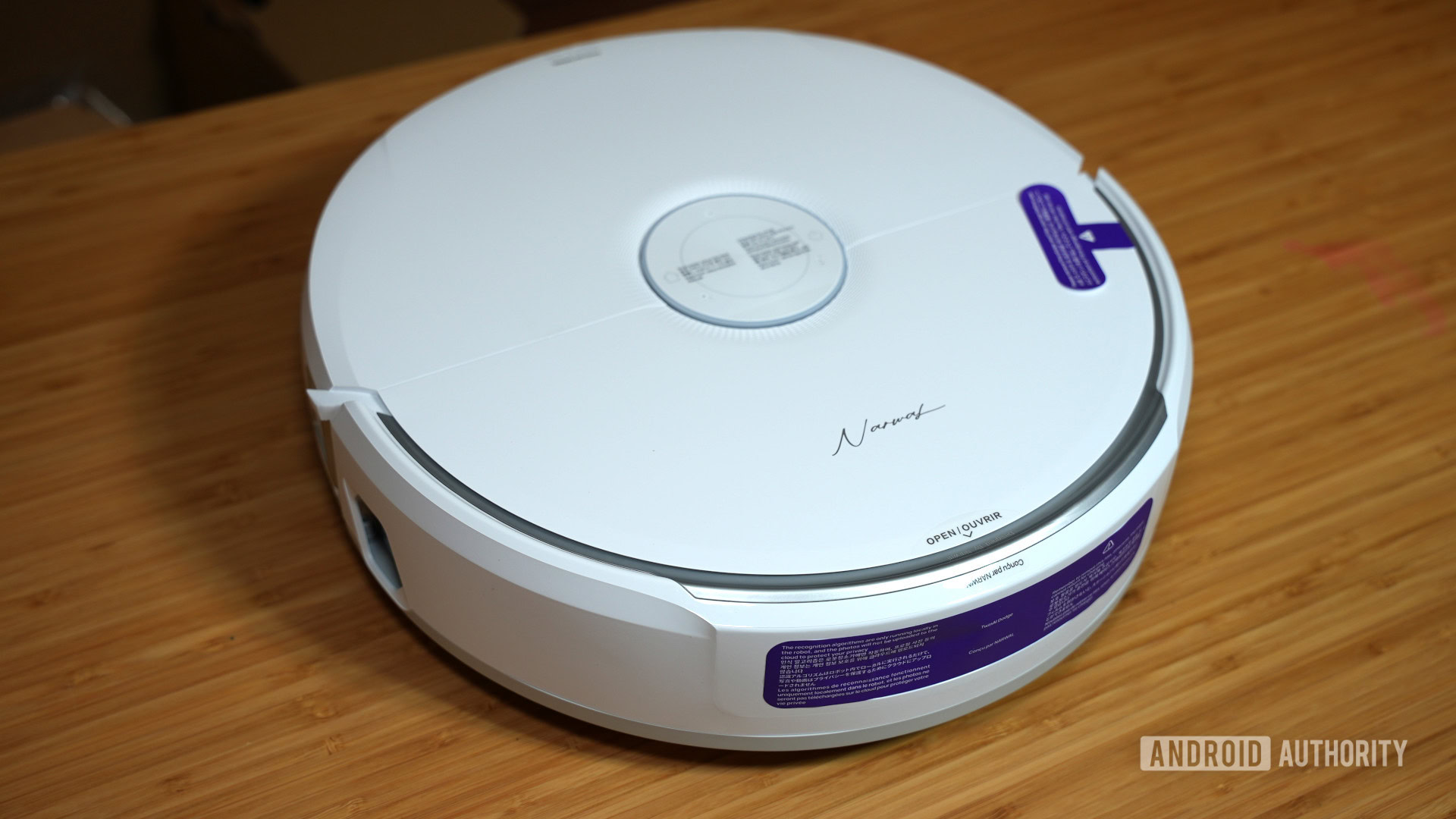It takes strength and common attributes to build a relationship but trust to keep it going for 20 years. Cooper Software and IFS, which will complete two decades of collaboration in 2025, can vouch for this. But the story of IFS and Frank Cooper, founder and CEO of Cooper Software, began long before he founded the firm in 2005.
As a software engineer, Cooper spent his early career developing radar systems for Eurofighter. He eventually landed a job with marine company Babcock, where he was responsible for helping the company migrate to IFS.
“It was daunting for a software engineer like me to migrate around $5bn worth of transactions to a new platform, but it helped me open my eyes to the IFS universe,” he says in an interview with ERP Today.
Seeing IFS’ platform from the viewpoint of a software engineer, Cooper saw how the platform was “architected from the ground up,” which piqued his interest in exploring it further. “I began working on the Babcock project in the early 2000s, and though I was relatively new at that time, the project was a success for the company,” Cooper says. The other upside of the project was that he and IFS built a good working relationship that has strengthened over time.
Soon after, Cooper deployed ERP systems for a company that developed chips for the iPod in Europe and the UK. As it grew from around 50 people to a workforce of thousands, IFS was again the solution of choice for this project, further cementing the bond that he had forged with the EAM leader.
The projects got Cooper thinking: “How can I add more software engineers, more capability to what I do, what I offer customers and then look at running the business?” These ideas led him to start Cooper Software in 2005 in the base of Fife, Scotland.
Growth phase
Aside from Babcock, Interconnector, which runs a gas pipeline between Europe and the UK, became one of Cooper Software’s first customers. In such cases, the company was clesrly working with serious businesses, implementing the IFS platform to enable them with better processes.
“We must have been doing something right all that time ago,” Cooper says, noting that what really struck him in those early days was the range of different types of customers signing up. “Automotive was there, but we were also looking at food and beverage, heavy engineering, manufacturing and complex manufacturing.”
These were also sectors where IFS was becoming a provider of choice in the UK and Europe. Fast forward to today, and Cooper Software has grown to become one of Europe’s largest independent providers of products, consulting services and support for ERP solutions, with headquarters in Dalgety Bay, Scotland and offices in Germany. The company has worked with over 130 customers in the past three years alone and has, over the years, provided 1,500 enterprise solutions for more than 300 clients globally.
These are impressive strides, and adaptability has played a big role in the Cooper success story.
An evolving ecosystem
Cooper Software has seen the ERP ecosystem evolve from on-premises systems to the Cloud and beyond. In fact, the firm has been involved with the IFS Cloud platform since its launch and has worked with different versions of the offering, fostering a culture of adaptability for its customers too.
“On the front end, you can see how [IFS] can enable things like the Internet of Things for any device anywhere; you’ve got this kind of cloud SaaS capability around hosting software delivery,” Cooper says.
As a result of this, he believes, “people have had to adapt and change their mindset in terms of how they rely on and use technology, and how they manage it day to day. So, from our standpoint, we’ve had to change hugely.”
The firm has also adapted architecturally to IFS Cloud’s evolution over this period, understanding different hosting database updates and how new configurations and customizations work. This has also enabled the company to look at the process from the bottom up rather than the top down, allowing Cooper Software to quickly understand how it can help its customers migrate their platforms.
“At its heart, Cooper Software is an IFS services company that delivers end-to-end products and services to our clients,” Cooper attests.
Customer-centric approach
No client need is too small for Cooper Software, which works with a range of different customers and industries. “We work with clients from major projects to ‘we’ve just got a technical issue, or we want something specific,’” Cooper explains, answering a question on what makes Cooper Software a ‘one-stop shop’ sort of IFS support company.
Years of working across a wide spectrum of industries and customers have also given the firm an edge when it comes to understanding the specific needs and challenges of a vertical or industry. Moreover, the company has continued to work with individuals who may be involved in any upcoming implementations for IFS and “want to stay in that world.”
“The role of the partner in this whole ecosystem has also evolved to where we are that trusted advisor who is responsible for helping customers deliver success and achieve value,” Cooper says, adding that his firm’s sights are firmly trained on the mid-market segment, which remains the IFS focus area.
The CEO strongly believes that whether a company has a $10m turnover or a $200m one, its “complexities don’t really change, and they can really benefit from IFS and its solutions.”
Cooper gives an example of Making Tax Digital (MTD), a product developed by Cooper Software for IFS customers to highlight the synergies between the two companies for the mid-market segment: “[MTD] helps enhance the IFS fit within the UK. That’s something we’ve made for the IFS platform to be more applicable in certain circumstances.”
Looking ahead
The customers that Cooper Software mainly serves are “old-world,” according to Frank, and a significant challenge is now making them find value in technology that is always changing. “Many of our customers still consider traditional enterprise implementations fraught with risk, which keeps them awake at night.”
Cooper believes that the Cloud is the answer to bridging this gap, as new technologies are much more accessible for cloud customers than on-premise ones, and “you can deliver more value faster.”
He adds, “Our role is to be ahead of the curve on that and work with IFS. Though implementations are more costly from a technical standpoint, these technological advances can aid the customers that we’re working with by practically implementing them.”
For Frank Cooper, the next big thing on the horizon is harnessing the power of generative AI and machine learning for traditional industries as they can allow end users “to make decisions more quickly, deliver value swiftly, and vastly reduce the manual activities in our day-to-day work life.” Interconnectivity and EDI are also high on his list of technologies that are crucial for suppliers and supply chains to adopt.
“And I have no doubt that IFS are at the forefront of that, and so we’re investing in it too,” Cooper concludes.











